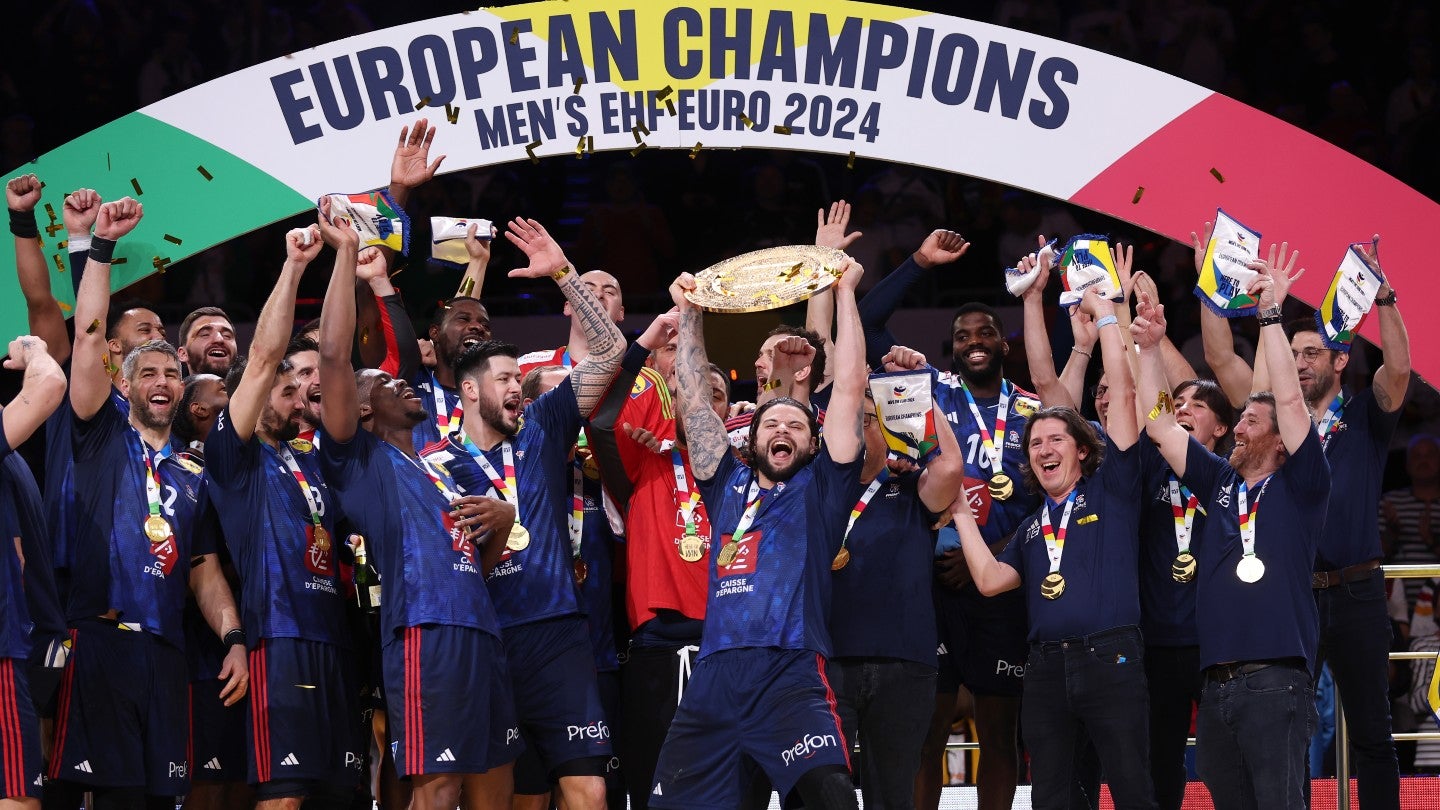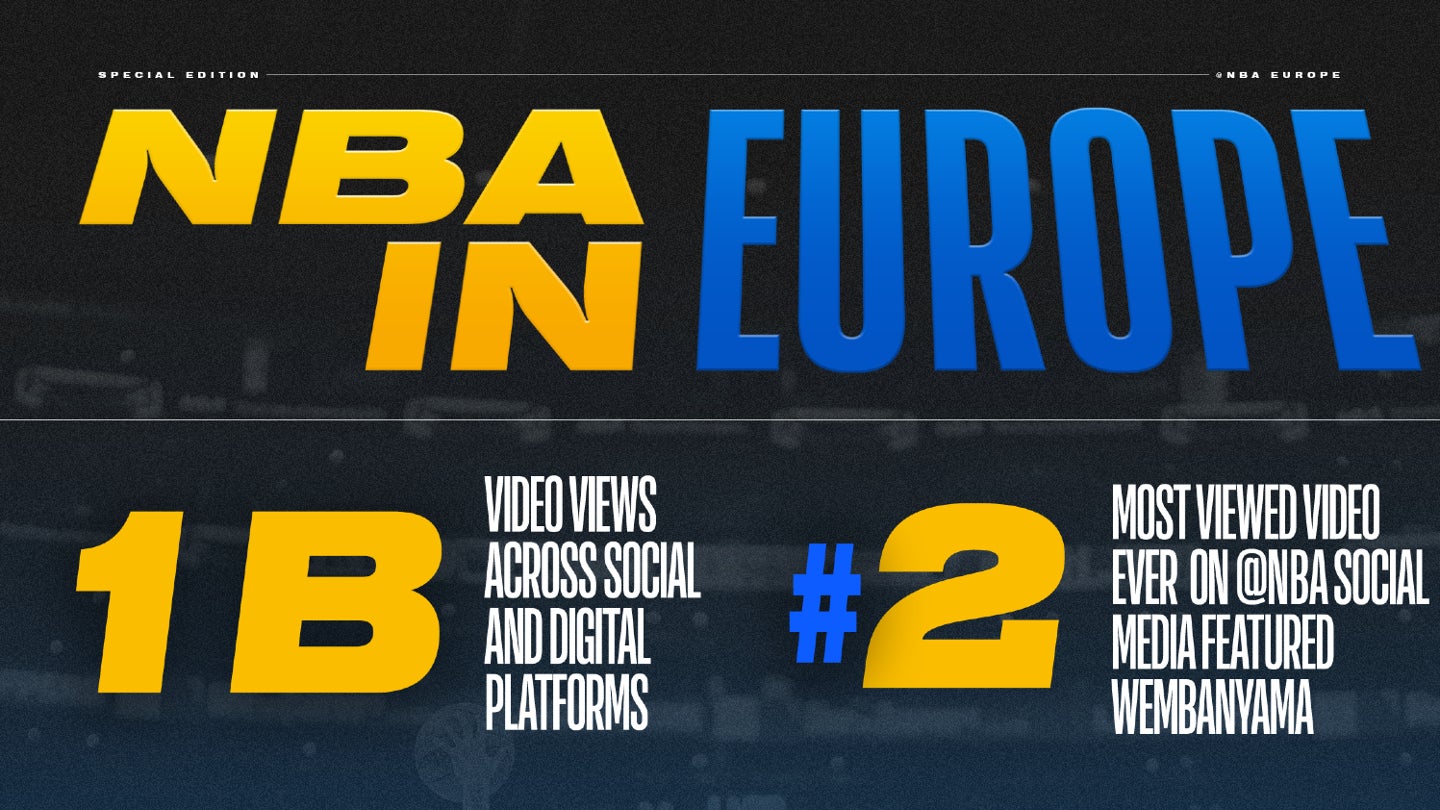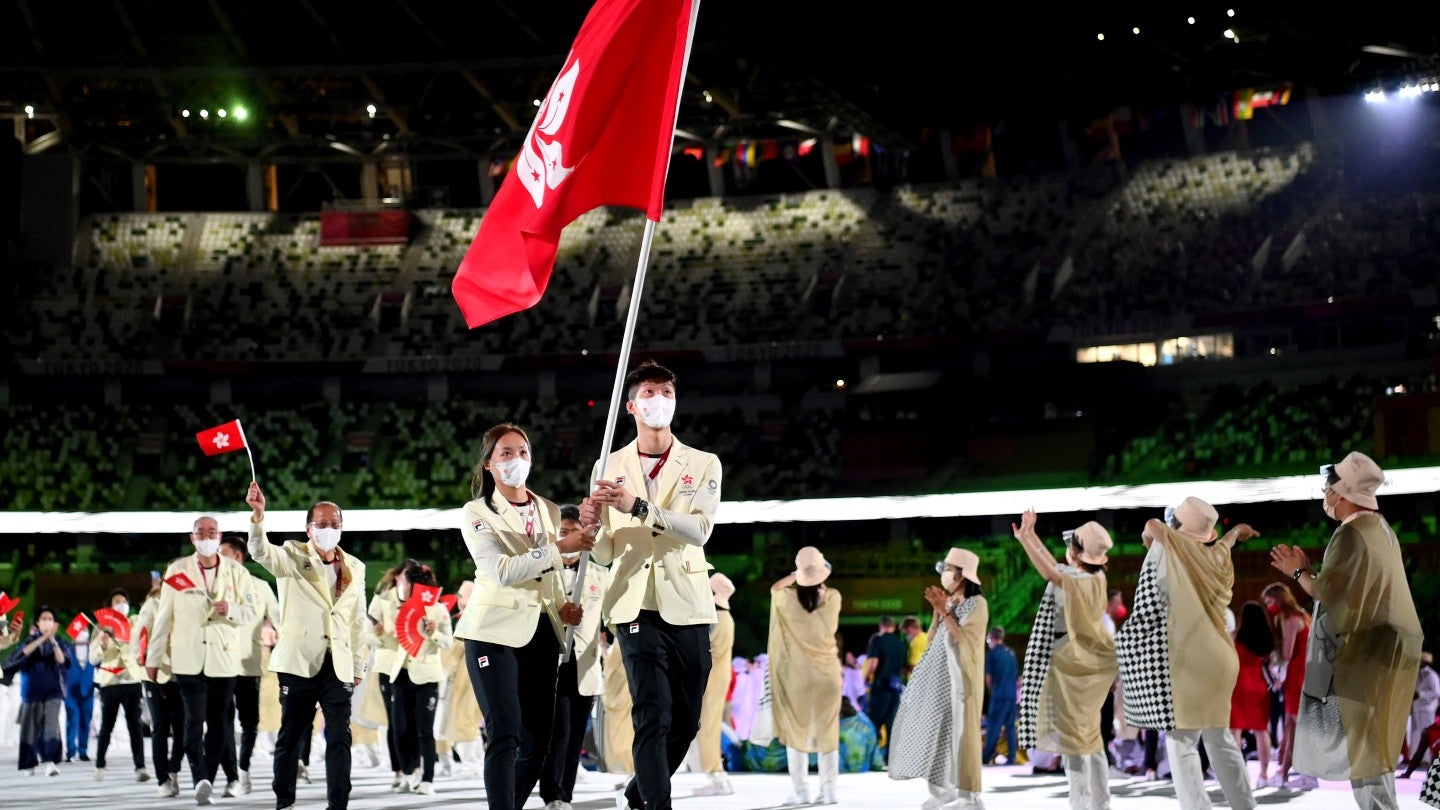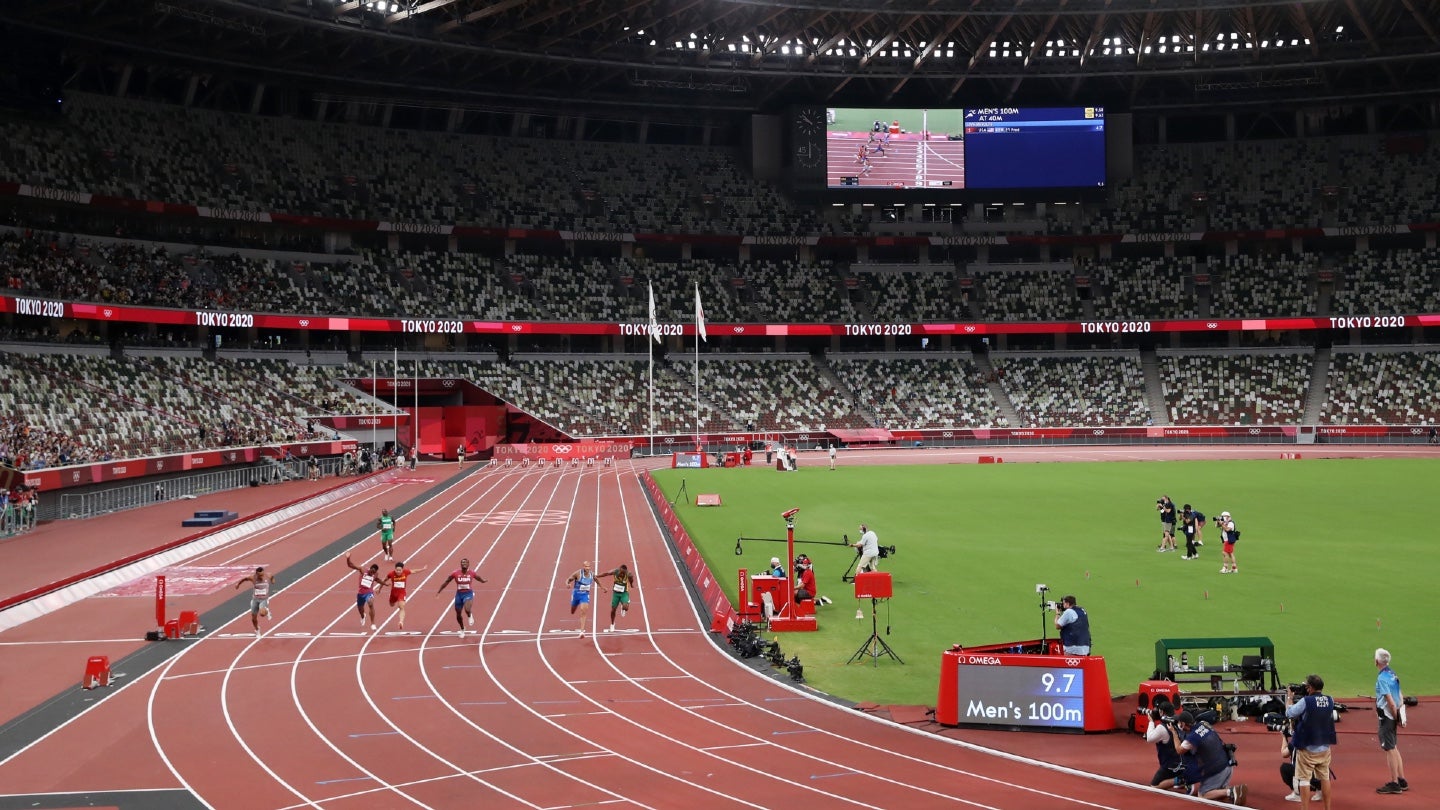Discovery, the US media giant, has claimed that more than 372 million people in Europe watched coverage of the 2020 Olympic Games in Tokyo across its TV and digital platforms, an increase of 10 per cent when compared to coverage of the 2018 Winter Olympic Games in PyeongChang.
Of that figure, over 175 million people watched Discovery’s own coverage of the games, while nearly 200 million watched the action through partner broadcasters – including 45 free-to-air networks – to which Discovery had sublicensed rights.
The organisation, through its pan-European sports broadcaster Eurosport and its new over-the-top streaming platform Discovery+, held rights to action from the delayed Tokyo Olympics through its four-games, €1.3 billion ($1.6 billion) European rights deal with the IOC, which covers 50 countries (not including Russia) and runs to 2024.
Discovery secured a substantial free-to-air linear TV audience across the Nordic markets in particular, with audience shares of more than 80 per cent in Norway and Sweden throughout the games.
In addition, almost three times as many people subscribed to Discovery’s subscription services for Tokyo 2020 compared to PyeongChang 2018, with 21 times more minutes of content – 1.3 billion minutes in total – consumed across Discovery’s digital platforms than from PyeongChang.
See Also:
The Eurosport.com digital site and its local market versions received more than 47 million unique visitors during the 17-day games, a three times higher reach than in 2018.
How well do you really know your competitors?
Access the most comprehensive Company Profiles on the market, powered by GlobalData. Save hours of research. Gain competitive edge.

Thank you!
Your download email will arrive shortly
Not ready to buy yet? Download a free sample
We are confident about the unique quality of our Company Profiles. However, we want you to make the most beneficial decision for your business, so we offer a free sample that you can download by submitting the below form
By GlobalDataJean-Briac Perrette, president and chief executive of Discovery International, said: “From the beginning of our partnership with the International Olympic Committee in 2015, Discovery committed to growing the Olympics audience in Europe and engaging new people with the Games.
"Despite significant challenges brought on by the pandemic, we have now delivered on this ambition with record-breaking reach and have brought new audiences to the Winter and Summer Olympic Games, achieved together with over 45 sublicence partners that Discovery brought on board."
Andrew Georgiou, president of sports at Discovery, added: “Growing audiences and engagement through sport is something we do best, particularly as we see the success of leveraging a mass-appeal platform in Discovery+ to bring in new and different consumers. We’re already well into our planning for Beijing 2022, less than six months away, and the handover to Paris during the closing ceremony brought to life the outstanding opportunity that a games in our own backyard [the Eurosport headquarters is in Paris] will bring.”
As a comparison, the UK's public-service BBC, which sub-licensed a chunk of its rights to Discovery for a reciprocal deal in 2022 and 2024 when Discovery has secured the pan-European rights, only managed a total of 36.4 million linear coverage views (in total, across all events and channels), which was its lowest Olympic total since 2004. It did however record 104 million online viewing requests – a record total – during the games.
US national network NBC suffered a similar fate, with the 17-day event only averaging 15.5 million views (daily) on NBC's linear network, representing the smallest average audience for an Olympics since the broadcaster first covered the games in 1988. Online viewers, however, live-streamed close to six billion minutes of coverage, an Olympic record.






